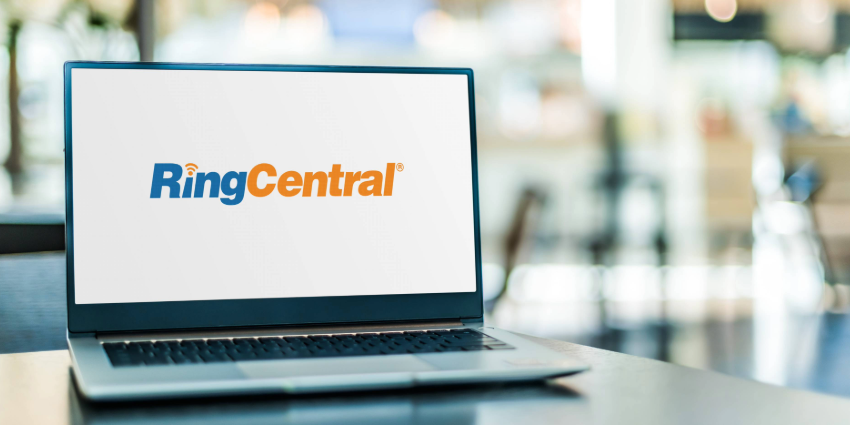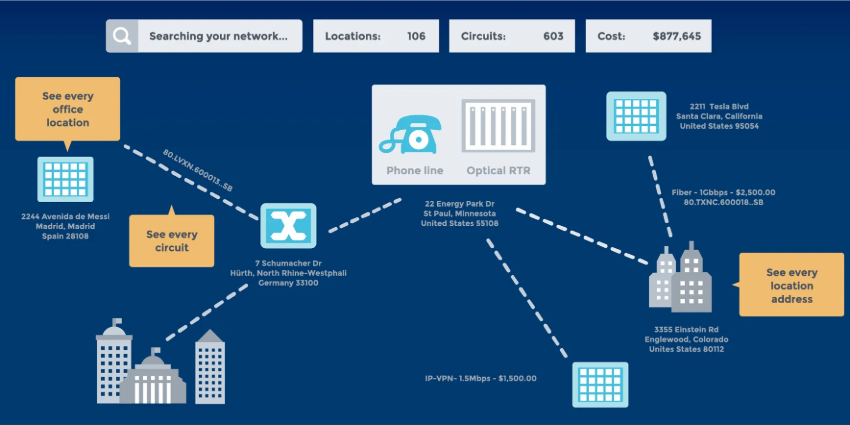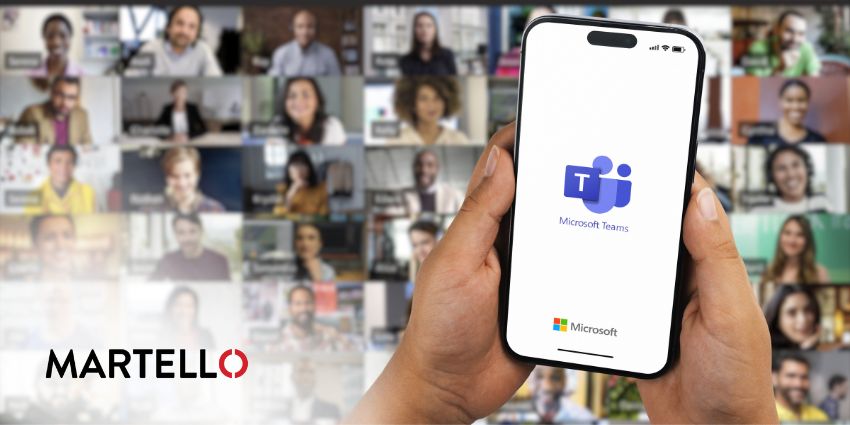In a world focused on digital transformation, it makes sense to look at solutions for internal communications and external connectivity that go beyond the standard desktop phone. Dialpad are just one of the VoIP companies on the market today that are offering cloud-based solutions to the market, changing the way we think about call portability.
Previously known as “Switch”, Dialpad are a simple and scalable solution for those in the UC market searching for versatility across their industry. Dialpad can be used either entirely via the web, or through a range of hardware and softphone telephony devices.
Want to know more? Well we got ourselves an interview with the CMO, Morgan Norman. Here, we’re going to share what we learned.
Introduce Us to Dialpad
This was my very first interview with Dialpad, so when I was lucky enough to bag myself an interview with Chief Marketing Officer, Morgan Norman, the first thing I wanted to know was what the background of the company looked like.
Morgan told me that the company began with the team responsible for Google Voice. The group wanted to develop a business solution of Google Voice that could simplify and improve communications for the enterprise. They had a desire in mind to transform communications, and they believed it should be detached from on-premise hardware – wherever possible. They decided to build their entire future on top of the Google Cloud. In fact, Dialpad were one of the first ever companies to build a large-scale software infrastructure on top of Google Cloud.
“We’re one of the most advanced Google cloud partners on the market, managing millions of interactions every day. Dialpad is based around two core products – UberConference, and Dialpad, both designed to enhance communications experiences.”
The goal of Dialpad, as is the case with many companies today, is to simplify communications by providing a simple, quick, and effective solution for communications that can be deployed instantly. The brand has taken the DNA of Google, and used the versatile structure of the cloud, to create something seamless, and truly versatile.
“Our rapid deployment engine means that we can deploy solutions for thousands of users instantly. All people need to do is download a client app, and they’re ready to go. There’s no time-consuming or expensive training to worry about. You can upgrade and expand offices around the world – however you like, without the restrictions of traditional telephony.”
Dialpad offers a world-class and simplified experience for communications through the Google cloud. As Morgan put it:
“We’re offering incredibly simplified, super sexy, deployed-in-minutes solutions”.
What’s Coming Next for Dialpad?
With the fascinating knowledge that Dialpad began with Google, and continues to use the DNA of Google cloud today, I was interested to learn where the business was headed next. Morgan informed me that the brand has users in forty-eight countries, although they’re primarily based in North America.
Dialpad are quickly building their international presence, with more offices and solutions emerging all the time. What’s more, their customers have a largely global presence. Companies like Xero and Uber are everywhere, thanks to the benefits that Dialpad has to offer.
One of the most interesting facts about Dialpad, that Morgan shared with me, was the fact that they use a self-service platform. In other words, if you have less than 100 employees, you can simple sign up online and deploy your solutions however you like. Though Dialpad do offer extra sales assistance for companies that need it, those services are commonly reserved for bigger companies who have more complex deployments to think about.
“We’re partnered with nine out of the top ten Google resellers in the world. Today, our customers can choose a versatile self-service solution for their need through Dialpad, while our partners target people with more than 100 employees to worry about.”
Essentially, Dialpad have something to offer everyone.
The Amazon Echo and Google Home Integration
I was keen to learn more about the Amazon Echo integration that has allowed Echo users to make business calls through Dialpad technology. For instance, customers can ask Alexa whether they have any messages on Dialpad, or request that a call is made to someone on their contact list.
The first thing that Morgan pointed out is that Dialpad will be integrating with Google Home too, though Google needs to work on fixing a few things first. The reason that the Google-built company began with Amazon Echo, was that the APIs were slightly more open and accessible – which meant that Dialpad could do anything with them.
“A lot of these devices are going to implement things like machine learning in the future – which means there’s huge potential ahead. For instance, right now you can tell the Echo to record a call, and in the future, you’ll be able to save that call to Google drive, to provide more information to AI intelligence. As Google progresses, we’re going to be able to use things like speech recognition to understand context and behaviour.”
In other words, not only is Dialpad integrating with the technology of the future, but it’s helping to contribute to the solutions that could make digital transformation a reality. Though it might be another year or so before we begin to see the possibilities between Google Home and Dialpad, there’s plenty of reason to start getting excited.
Availability in the UK Market
Last but not least, I was keen to find out whether Dialpad was available for our UC Today UK audience. Morgan was happy to tell me that Dialpad is already in the UK in companies that you’ll recognise like Uber and Motorola Solutions and fast growing UK start-ups like Qubit.
As workers in the UK grow sick and tired of deskphones, and begin to turn more readily towards mobile and the cloud, Dialpad will allow them to build a more connected workforce, while maintaining security, stability, and cost-effectiveness.
“With Dialpad, today’s companies can see everything they need to know about their communications in real-time. You can break analytics down however you like, by department, operating system, device – or whatever you like.”
Dialpad even offer solutions to ensure that companies can find out whether the system works for their network before they invest.
“We’re offering companies a service that connects the workforce wherever they are, and wherever they go. You can set up your own business lines, route calls however you like – and never miss a business opportunity again.”






